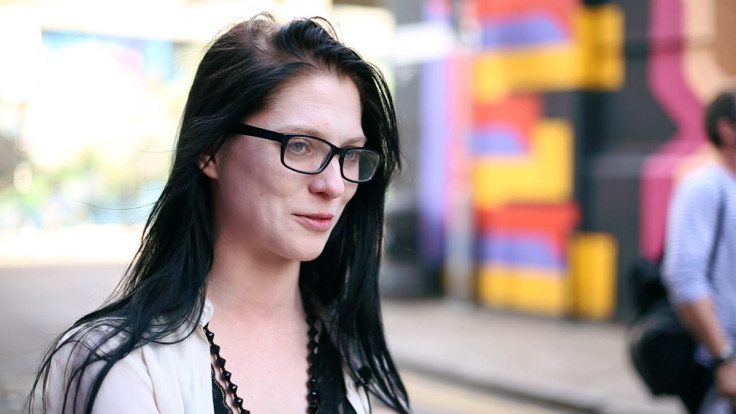UK Economic Recovery: How the Self Employment Army is Boosting Jobs Data
Britain's unemployment rate is at a five year low but behind the headlines the job market recovery isn't as strong as the coalition government is making it out to be.
While the Office for National Statistics (ONS) showed that the jobless rate dropped to 6.8% in the three months to March, the number of 'self-employed' individuals also surged.
For example, the number of self-employed people increased by 146,000 to reach 4.5 million.

Considering 'freelancers' earn around 40% less than those in full-time work, IBTimes UK decided to take a look into whether self-employment is a means to an end, or part of a new landscape for the jobs market.
Speaking to IBTimes UK, a range of individuals across a raft of industries revealed the highs and lows of self employment.
Laura Ryan, owner of Laura Ryan Therapies, revealed that being her own boss, choosing her hours, and doing something that she loves, is all part of being part of the self employment army.
However, Gwen Wark, a freelance content strategist, warned that it took her years to build up a salary that was in line with what she used to get paid in full-time employment exclusively for one company.
Meanwhile, Lottie Bowater, a musician and former model who worked across the service and retail sector, unveiled a troubling world of where the most vulnerable workers are continuing to bear the brunt of the squeezed employment space following the recession.
© Copyright IBTimes 2025. All rights reserved.




















